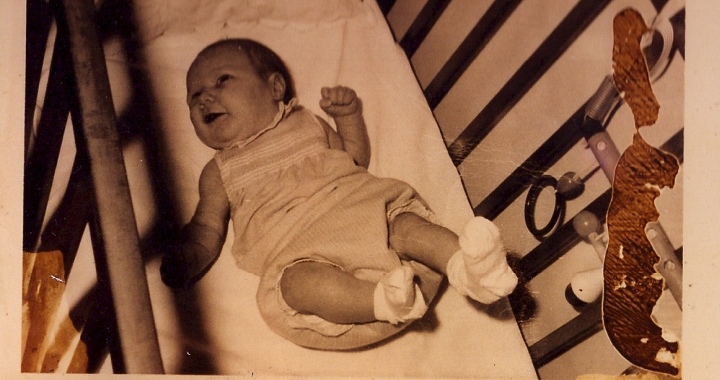As an adopted person and adoptive mother, I pay attention when adoption hits the news.
Early this week authorities in West Palm Beach Florida found Jorge Barahona and his adopted son unconscious in Barahona’s truck. The ten-year-old boy, drugged into unconsciousness, was covered in chemicals. The dead body of his twin sister, Nubia, was also found in the truck.
In 2004 the children had been placed in foster care with Jorge Barahona and his wife, Carmen. They were adopted by the Barahonas in 2009. Last week, Florida’s Department of Children and Families’ abuse hotline received a concerned call about the children’s situation. Though a state worker visited the family the following day, the investigator was not able to see or speak to either of the twins. Three days later, 10-year-old Nubia Barahona was found dead and her brother was in critical condition.
A Christian Response
If previous cases of abuse and filicide that have been thrust into the media spotlight are any indicator, American news consumers will demonize the Barahonas. Plenty will point accusing fingers at Florida’s Department of Children and Families. Many, without adequate information, will wonder how the pattern of abuse which preceded Nubia Barahona’s death was not recognized by neighbors and relatives and teachers.
As Christians, though, it was our job to protect Nubia Barahona and her brother.
Scripture is clear that God’s people are responsible to care for society’s most vulnerable. In establishing the holy law, God assigned the care of the widow, the orphan and the alien to his own people. And today, we are still the key players in God’s protection of and provision for the weak. And though our assignment is irrefutable, we have too often muted scripture’s clear injunction to care for the vulnerable. Conveniently, we have justified our apathy by abdicating our given responsibility to federal and state social services. This way, when tragedy strikes we’re off the hook.
Except, we’re not.
My Ugly Complicity
Nubia’s and her brother’s story has gripped me because it indicts me, personally.
Almost three years ago my husband and kids had taken me out to lunch for Mother’s Day. While we ate our pizza I noticed a girl, about eight years old, and a man I assumed was her father eating at a nearby table. The man’s eyes would droop closed, as he sipped a soda, as if he was falling asleep. Though he smiled, his gaze looked glassy. And though he treated the girl well, he appeared to be impaired.
As we ate our meal, I agonized over what to do. Should I confront the man? Should I speak to the girl when she went to use the restroom? Should I call the police? Though I felt terribly anxious, in the end—simply hoping for the best—I did not act. I fear my hollow prayers for the girl simply made me complicit in her neglect. Needless to say, it wasn’t the “Mother’s Day” I’d expected, nor one I wish to repeat. Instead, the commitment I make today, to a pair of 10-year-old twins and to the pizza girl, is that no other endangered children will slip away from my maternal watch.
Children in natural homes and foster homes and adoptive homes across the country need the body of Christ to do our job. They need attentive neighbors and teachers and cable TV repairmen and pizza eaters to pay attention to their circumstances. They need courageous ones to speak up for them. They need us to do for them what they are, as yet, unable do for themselves.
Though it’s too late for Nubia, the story of her life begs for a redemptive response from those who have been commissioned to protect the weak.
What I can do and what you can do…
1. Speak.
If you suspect that a child is in danger, speak up. Plan to feel anxious. Expect to look stupid. Anticipate the possibility of being wrong. Then get over it. You may be this child’s only opportunity for safety. Use your voice.
2. Foster.
In every state, children thrust from the bosom of their natural families need the security of a stable home. Contact your state’s department of children’s services to learn how you can welcome foster children in need of short term and long term placements.
3. Adopt.
The most recent government data shows that almost 450, 000 children are in the custody of the foster care system in the United States. One quarter of these children wait for permanent homes with adoptive families. Visit Adopt US Kids, online, to learn more.
4. Equip.
Educate and equip your congregation to make a difference in the lives of children. Invite a representative from your state’s department of children’s services and host an evening where curious folks in your congregation can learn how to get involved.
If you’re a Christian, your response is not optional. It’s in the job description.

